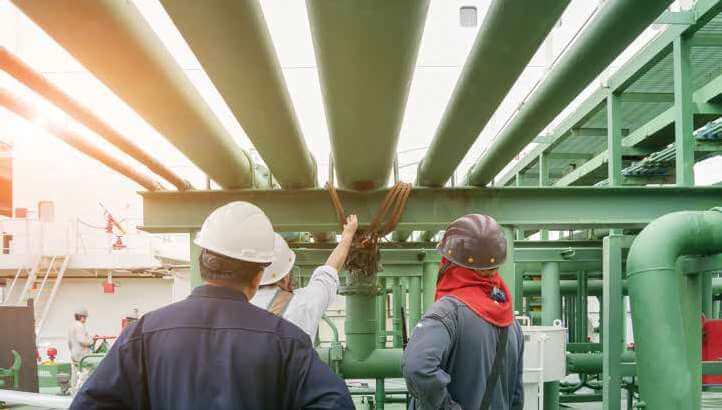Resources
A collection of free resources to help you raise funds and share the work we do

by Michael Grey
It is very irritating for the passengers left at the airport, but there will be broad measure of acceptance when they are told that the pilots cannot fly as they will have exceeded their hours of work before the aircraft arrives at its destination. But if a ship cannot sail because the captain says that the crew are too tired, the decision will inevitably be questioned, with the port demanding that the ship leaves the berth at once. Is it a case of different cultures, or a new mode of transport versus the habits of an ancient industry, where people were brought up to believe that “the ship always comes first”?
Seafarers will surely welcome the recent decision of the International Maritime Organization to set up what they term a ‘scoping exercise’ which will focus on the rules on hours of work and rest, fatigue, and the implementation of these requirements. Those impatient to see a bit of change may well point out that much of the groundwork has already been done, in the shape of the World Maritime University’s report into the way that the recording of hours of rest was being ‘adjusted’ to always demonstrate compliance to any visiting inspector, when this was manifestly not the case.
It is an important issue, which moves beyond maritime industry attitudes to take in changing views on work and rest that are increasingly seen in society at large. It might also be pointed out that the whole industry is experiencing personnel shortages, with something of a recruitment crisis emerging. Possibly made worse by the way that seafarers were treated around the world during the pandemic, the singular lifestyle of seafarers, with its isolation and loneliness, is perhaps proving less attractive to those who, in another time, might have been recruits.
There is clearly work to be done, and on many different fronts, and the hours of rest issue is just one of these important elements. And it is right that such matters are confronted on an international basis, through agencies like IMO and ILO, because any mandated solutions need to be global, in a competitive global industry.
Fundamental shift
But while these matters are battled out at IMO, maybe there ought to be some attention paid to the way in which ships and shore interact. If ships are really the ‘customers’ of the ports, shouldn’t they be treated as such by those who march on board at all hours and expect to be seen by the master?
Nobody in management ashore would expect people to just turn up without an appointment. Why should custom and practice be different with visiting ships? Recent research has shown that seafarers find that their greatest times of stress and full-on business tend to be in port, which is where they become most exhausted. Why can something not be done about this?
Why should some team of port State officials, or inspectors representing a charterer, or the customs, all of whom will have been fully rested in their own beds, demand instant access to a ship which has just arrived with a master and crew who, from a rest point of view, are barely legal? Maybe this has been the norm from time immemorial, but why must such behaviour be perpetuated? Shipping may be a capital intensive industry, but we are dealing with human beings, who make the machinery all work, and who have a right to some well-earned rest.
Technology surely ought to be able to help here. Why do officials have to physically demand instant access to ships when they arrive alongside – surely much of their business can be accomplished on-line, hours or even days before the arrival? The ‘facilitation’ of trade, increasingly accomplished electronically, ought to be extended to the clearance procedures, along with much of the other mundane box-ticking and repetitive bureaucracy that helps to make seafarers fatigued. That would be progress!